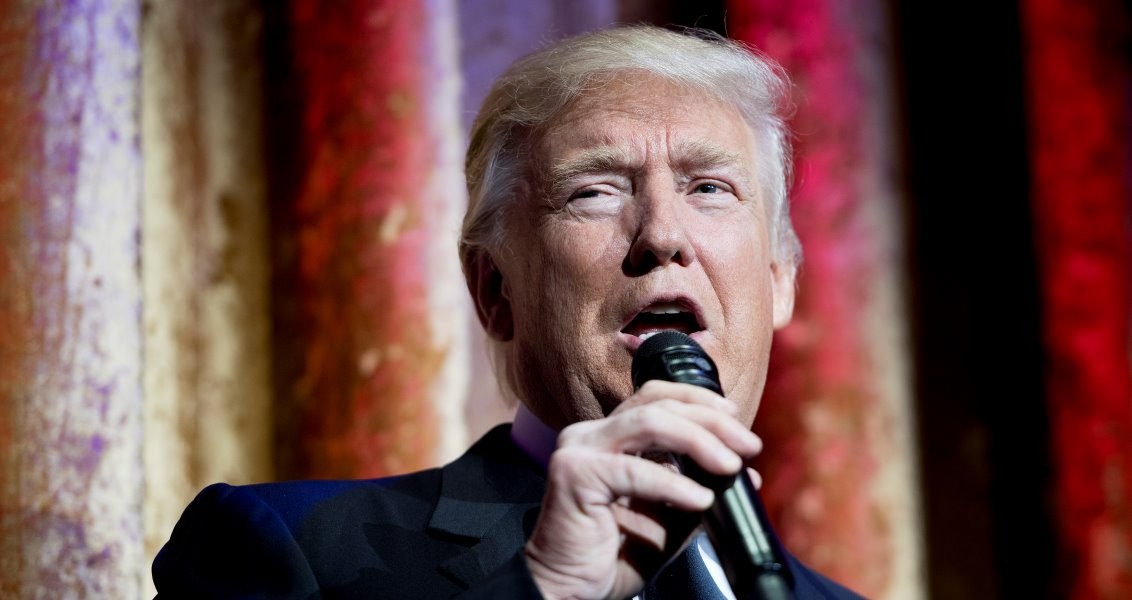
In Washington, a Battle over Strategic Priorities Rages On
Although the incoming Trump administration's strategy in the global arena remains blurry, it is certain the world will be never the same after the inauguration ceremony
Share
Against the backdrop of the U.S. Presidential inauguration of President-elect Donald Trump, a battle over "strategic priorities" rages on in Washington. Right now, the million-dollar question is: Which world superpower poses a greater threat to American interests; Russia or China?
While U.S. Secretary of State Rex Tillerson has seemingly focused his attention on Beijing, Defense Secretary James Mattis and CIA Director Mike Pompeo have centered the focus on addressing the challenge of Moscow. In the context of the president-elect's promises to revive the U.S. economy and the generally nationalist rhetoric we have observed on the campaign trail, the rise of China - which many American strategists consider a long-term threat - could take immediate precedence over other issues facing the incoming Trump administration. After the Chinese media issued threats in response to Secretary of State Tillerson's statements regarding the South China Sea issue, recent warnings circulating in Chinese media earlier this week indicate that China will "take off their gloves" if Trump continues to engage in relations with Taiwan.
The Chinese perceived Trump's phone call to Taiwanese leader Tsai Ing-Wen as a direct challenge of Beijing's "One China" policy.
It would appear that Beijing is increasingly concerned regarding the intentions of the Trump administration's manipulation of economic tools to attain strategic goals; thus issuing ultimatums to create a fait accompli before Trump enters the White House.
Meanwhile, the Obama administration has seemed inclined to turn Russia into a landmine on the cusp of Trump's inauguration. To be clear, we are not merely referring to the unanimous agreement among U.S. intelligence agencies that Russia interfered with the U.S. presidential election. Allegations that the Kremlin may have blackmailed the president-elect with sensitive information and even the deployment of additional troops to Eastern Europe, CIA Director John Brennan publicly criticized Trump on Sunday for his proposal to loosen sanctions on Russia, saying: "Trump does not yet have a full understanding of Russia's actions," in attempts to not only warn Trump but to also lay the burden of the failed Russian policy under the Obama administration onto the shoulders of the incoming administration. This, in turn, also threatens the president-elect's efforts to create a balance of power between Russia and China.
Before U.S. strategists develop a new policy, it is important for them to acknowledge that the Obama administration failed to limit Russian influence in the Middle East and elsewhere. After forcing oil prices down and imposing economic sanctions on Russia, it became clear that Washington simply couldn't reduce the Kremlin's hard power. Having failed to prevent the annexation of Crimea, President Obama paved the way for Russian interference in the Syrian Civil War – which translated to increased regional influence for Moscow. The fact that the Trump administration could actually add momentum to Russia's unstoppable rise in the Middle East is exactly what U.S. officials fear the most. Hence, resulting in CIA Director Brennan's terse statement.
For Trump, the downside of acknowledging the threat Russia poses to U.S. interests is that he must find a way to keep both Beijing and Moscow in line. If the incoming administration decides to engage both targets, the world order won't just change but will descend into utter chaos. As such, the reasonable thing for Washington to do is to let Russia continue to maintain its sphere of influence a little longer.
You never know when European governments, who passionately criticize Turkey for working with the Russians on Syria, will line up to cozy up with the Kremlin.
[Daily Sabah, January 19, 2017]
Tags »
Related Articles






